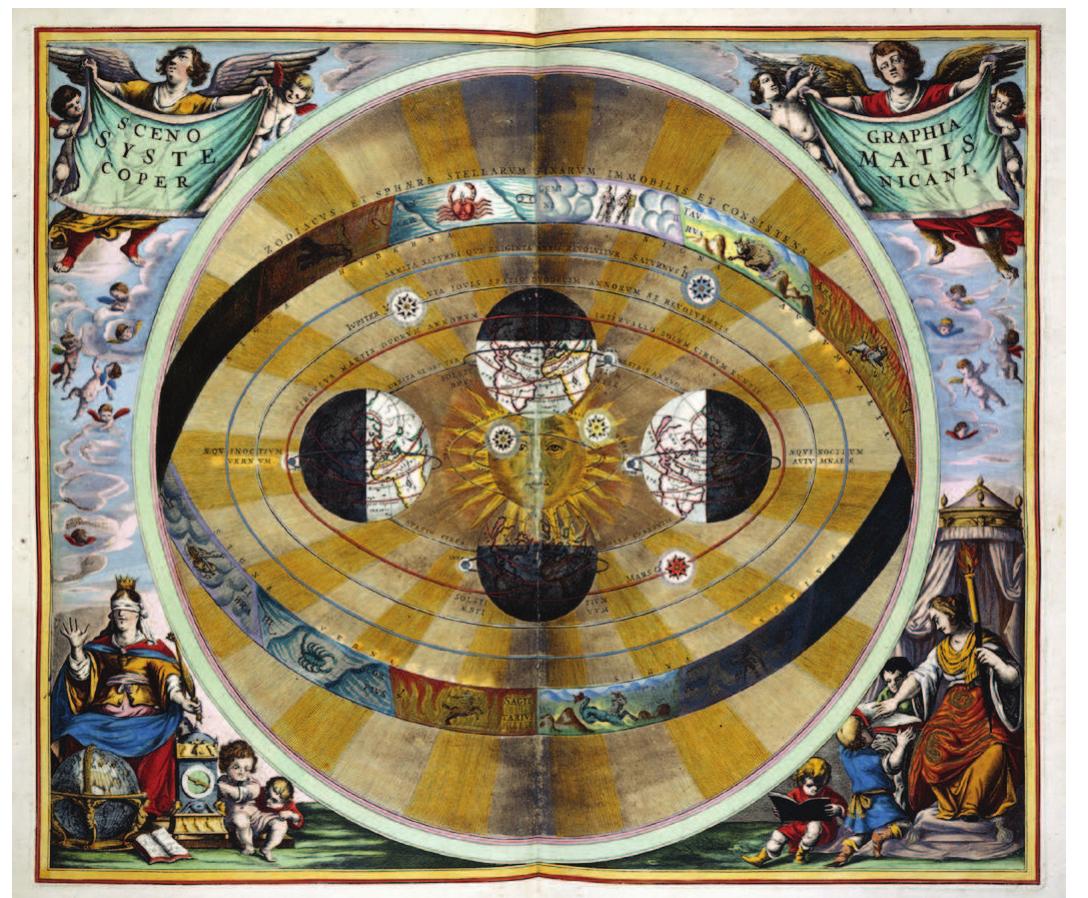
On August 31, the New York Times released an opinion editorial entitled “Historians Observe Autocratic Playbook in Trump’s Assaults on Science” by William J. Broad. The piece draws connections between Trump’s supposed antagonism towards science and comparable behaviors exhibited by authoritarian figures throughout history, with a particular emphasis on the Catholic Church’s repression of scientific concepts contradicting its doctrines.
The article begins by likening Trump’s supposed assaults on scientific entities and individuals to the Church’s prosecution of Galileo and the execution of Giordano Bruno. It underscores the notorious trial of Galileo in 1633, frequently seen as a significant setback to scientific inquiry imposed by religious authority. Nonetheless, the article highlights inaccuracies in the prevailing narratives surrounding these historical occurrences. For instance, the depiction of Galileo’s trial as a sensational public event is challenged; it was, in fact, a respectful inquiry, albeit with grave consequences for the scientist. Likewise, Giordano Bruno’s execution is often misinterpreted as being exclusively due to his advocacy for heliocentrism, while his heretical theological beliefs also played a crucial role.
Additionally, the article criticizes the sweeping claim that the Catholic Church uniquely maintained an oppressive cosmology. It contends that the Church adopted predominantly accepted geocentric models, stressing that its cosmology did not place Earth at the center of the universe for reverence, but rather at the bottom, a nuance often overlooked by sensational interpretations. Copernicus, commonly celebrated as an intellectual champion for heliocentrism, is also scrutinized; his theoretical framework lacked empirical support for Earth’s motion until subsequent research provided such evidence.
Despite the historical inaccuracies noted, the article maintains that the Church did partake in actions indicating a dual stance towards science, both benefiting from and limiting its progress in manners advantageous to its doctrine and authority. This duality correlates with the conduct of rulers and autocrats, who endorsed practical scientific efforts that reinforced their power while suppressing those that jeopardized their control.
Broad’s narrative implies that contemporary parallels can be drawn where leaders curtail scientific engagement to fortify power instead of fostering a free exchange of ideas. However, the article asserts these are not novel strategies but persistent practices throughout history.
The critique, primarily articulated by the HISTSCI_HULK, argues that the historical claims are oversimplified or erroneous, lacking the sophistication to recognize where both church and state hindered and advanced the evolution of science. The article also suggests that monarchs and ruling powers across history have consistently exploited scientific advancement for imperial and strategic gain, regardless of the lessons perceived from the church’s engagement with science.